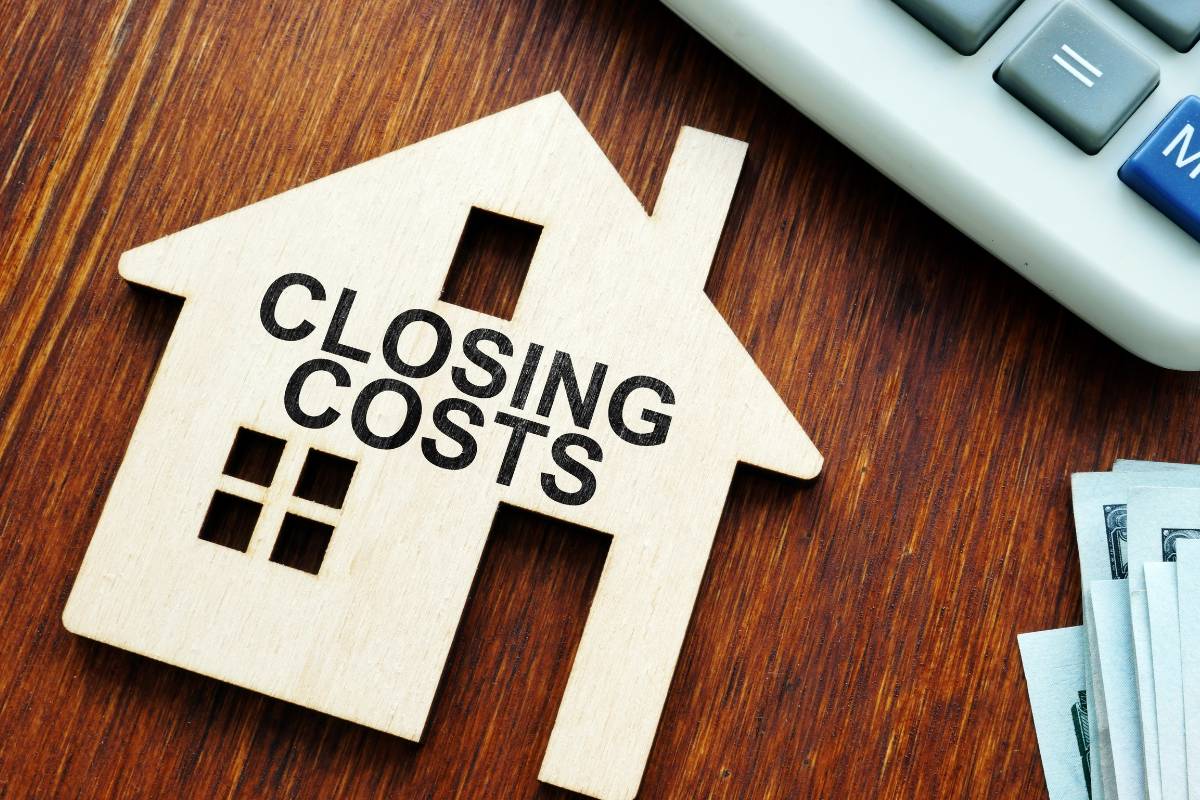

Are you ready to tackle the world of closing costs and navigate the complexities of finalizing your mortgage? Understanding the ins and outs of closing costs is crucial for a smooth real estate transaction.
From mortgage closing fees to seller concessions, each component plays a significant role in purchasing a home. By familiarizing yourself with the various fees, negotiating with lenders, and exploring cost-saving strategies, you can confidently prepare for this essential step in homeownership.
When obtaining a mortgage for your new home, you’ll encounter various closing fees that are crucial to understand and plan for. Closing costs help finalize your loan and complete the real estate transaction. They typically range from 2-6% of the loan amount and include fees such as application fees, loan-origination charges, attorney fees, title insurance fees, and appraisal fees.
To pay closing fees, most lenders require upfront payment to avoid additional interest over time. Additionally, seller concessions can be negotiated to cover a portion of these costs, with a maximum concession typically set at 4% of the total home loan.
Understanding what closing costs include and how to pay closing costs is essential for a smooth home-buying process.
To leverage seller concessions effectively, you can negotiate with the seller to cover a portion of your closing costs. Seller concessions are a valuable tool that can help reduce the financial burden of closing on a home. By requesting the seller to contribute towards your closing fees, you can potentially save thousands of dollars at the time of purchase.
This negotiation is a common practice in real estate transactions and can make homeownership more accessible. Remember to discuss the possibility of seller concessions with your real estate agent or attorney to ensure that the terms are clearly outlined in the purchase agreement. Be mindful of any limits on seller concessions set by lenders, as exceeding these limits may impact your financing options.
What do closing costs include? One essential component of closing costs is the application fees that cover the cost of processing your loan request. These fees ensure that your loan application is reviewed, processed, and assessed by the lender.
Another crucial element is the loan-origination charges, which encompass the creation, processing, and underwriting of your loan.
Additionally, attorney fees are essential for legal services related to the real estate transaction. Title insurance fees protect against potential title issues, while appraisal fees validate the property’s market value.
Credit reporting fees assess your credit history, discount points can lower interest rates, and escrow account fees manage prepaid funds.
Recording fees finalize the deed documentation, and homeowners insurance safeguards the lender’s investment.
To fully grasp the complete picture of closing costs, you must consider the array of additional fees beyond the basic components. In addition to the standard charges like application fees and title insurance, there are other expenses to account for.
Credit reporting fees cover the cost of checking your credit history, while discount points can be purchased to reduce interest rates. Escrow account fees, also known as prepaid or reserve fees, ensure funds are available for property taxes and insurance.
Recording fees cover the cost of recording the deed, and homeowners insurance is typically required by lenders. These extra costs add to the overall amount you need to budget for when preparing to close on your new home.
Prepare for closing costs and beyond by budgeting wisely for potential unexpected fees and expenses. While you may have accounted for typical closing fees like loan-origination charges and title insurance, don’t forget about other expenses that might arise.
Consider setting aside funds for property taxes, homeowners insurance, and potential repairs. Additionally, it factors in costs like pest inspections, homeowner association fees, and moving expenses. Seeking seller concessions or exploring first-time homeowner loans could help alleviate some financial burdens.
It’s also advisable to investigate financing options specifically designed to assist with closing fees. By preparing for these various expenses, you can navigate the closing process more smoothly and transition into homeownership with greater ease.
Now that you have a better understanding of closing costs, you can confidently navigate the final stages of purchasing your home.
By being aware of the various fees involved, leveraging seller concessions, and preparing for additional costs, you’re well-equipped to handle the financial aspects of closing.
Remember to negotiate with lenders, explore cost-saving strategies, and stay informed throughout the process.
With this knowledge, you can successfully finalize your mortgage and move into your dream home with peace of mind.
Mary Kate Cornett, a student at the University of Mississippi who is 18 years old,…
French doors have always been the epitome of elegance, effortlessly marrying functionality with aesthetics. Whether…
Distressed homeowners and real estate investors would most often fail to get finance from conventional…
Sydney Sweeney and fiancé Jonathan Davino have officially ended their nearly seven-year relationship, calling off…
South Korean actor Kim Soo-hyun held a press conference on March 31, 2025, to address…
As web portal development trends in 2025, we will notice an increase in Progressive Web…